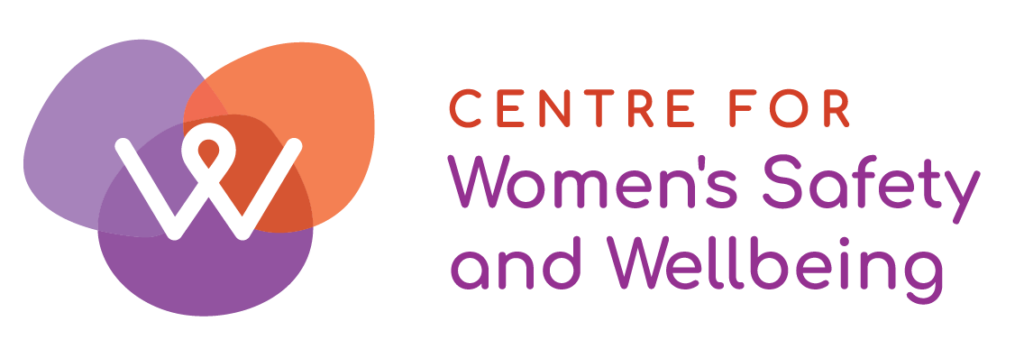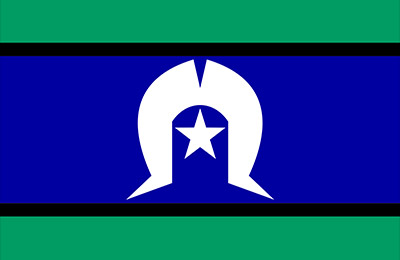Specialist domestic and family violence providers from across Western Australia have identified an increasing number of women experiencing coercive and controlling behaviours. These are purposeful patterns of incidents and behaviours, which take place over time where one individual exerts power, control and coercion over another. Staff identify that an increased number of women are being stalked, social media accounts monitored, and mobile phones and their vehicles tracked. It was recommended that a practical security and technology service to support these women is required, to reduce the fear they experience, regain their freedom and to increase safety.
The Salvation Army operates the national Safer in the Home (SITH) program. This free program is designed to expand the availability and reach of basic safety and security measures that support women and their children experiencing domestic and family violence, enabling them to remain safely in the home of their choice. It is delivered in all states and territories and offers a free practical response that specialist domestic and family violence providers can use as a part of a suite of service responses to improve the safety of women and their children who have experienced abuse.
Their services and interventions that support disruption of domestic and family violence include:
- Personal and Property Vulnerability and Safety Assessment together with basic security upgrades and interventions
- Technology Vulnerability Assessment
These services are available across Australia including metropolitan, regional and remote areas.
Personal and Property Vulnerability and Safety Assessment with basic security upgrades is an individualised service tailored to the women’s circumstances. Assessments involve the woman and consider individual risk and safety from a range of different perspectives including home, personal and technology. Ways to increase the women’s safety is recommended and implemented with their approval.
The Technology Vulnerability Assessment is for women who are being stalked online or are a victim of malicious apps such as spyware and other forms of illegal surveillance. This service may assist in detecting and removing these threats (spyware and tracking devices), check social media settings and assist with general information on technology abuse.

Referring clients
Specialist domestic and family violence providers from across Western Australia are able to refer women into this program for either assessment. The criteria for this program include:
- Women with or without children who are escaping domestic and family violence
- Service providers will conduct risk assessments where they have first engaged with a woman prior to referring to the SITH program
- In Western Australia, if the client is assessed as ‘at risk of harm’ using the Common Risk Assessment and Risk Management Framework (CRAMPF), a referral will be forwarded to SITH for actioning as per the standard SITH process (using the online referral form and email process)
- Service providers will ensure the woman is advised of the SITH program and how it operates
- Service providers will seek consent from the woman prior to forwarding referral information, risk assessments and safety plans
- Service providers will ensure comprehensive case management and safety planning for medium and standard risk women unless otherwise indicated on the referral
- Shared case planning will occur during the term the woman is in the SITH program
- Service providers will retain service delivery for women assessed as high risk and requiring more than ‘basic’ security upgrades or a technology safety assessment
A note about risk and eligibility
“Family violence is recognised across the spectrum of seriousness of risk (from ‘at-risk’, ‘elevated risk’ to ‘serious risk’), and a broad range of forms of family violence risk is experienced across the community” (Victorian Government, 2018). The Safer in the Home program stipulate eligibility is for clients identified ‘at risk’ or ‘elevated risk’ as per the Family Violence Multi-Agency Risk Assessment and Management Framework (MARAM) or a similar state-based risk assessment.
If the client is assessed ‘at high risk of serious harm’ as per the Western Australian CRAMPF, they are not eligible to use this service. Management of high-risk clients is a state responsibility (Safer in the Home is a national program) and risk management strategies to provide practical security and technology assessment and intervention needs to be acquired from state-based funding or brokerage.
Sharing of information between domestic and family violence specialist support service providers occurs is managed in line with the National Privacy Principles, Information Sharing Guidelines and their respective organisational policies and procedures.
A Memo of Understanding has been signed between the Salvation Army and the Centre for Women’s Safety and Wellbeing on behalf of domestic and family violence specialist support service providers in Western Australia.
Please note: The risk assessment referred to in the SITH program is an adjunct to normal risk assessment and management processes that specialist service providers employ. SITH providers specifically assess for home and personal safety, and technology facilitated abuse.





